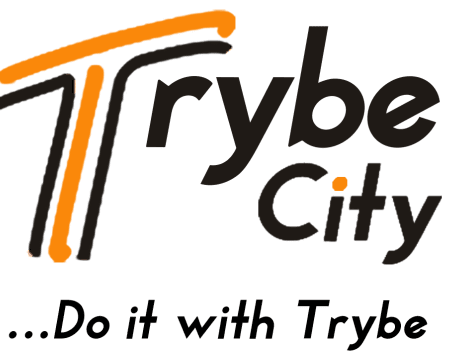Do you know if there hadn’t been any setbacks, Nigeria ought to have gotten her independence from Britain’s colonial Master in 1956 and not 1960 as it was?
Here we provide you with everything you need to know about Anthony Enahoro, the man who moved the motion for Nigeria’s self-rule in 1953, and what you need to know about the 1956 self rule motion.
Also read: 5 Reasons To Get Your PVC Now
Anthony Eromosele Enahoro was one of the foremost Nigerian pro-democracy and anti-colonial activists, born on the 22nd of July 1923. He was born in the present city of Edo State as the eldest of the 10 children of Mr. Anastasius Okotako Enahoro and Mrs. Fidelia Victoria Inibokun née Ogbidi Okojie.
Enahoro had his basic education at Government School Owo and later proceeded to King’s College in Lagos, state. In the 1940s, as a student at King’s College, he was the student leader and took an active part in many anti- Colonial protests.
Career in Journalism
Enahoro started his Journalism career in 1944. He was employed as an editor for Nnamdi Azikiwe‘s newspaper. At that time he was 21 years of age and this made him the first-ever youngest Nigeria editor.
Later from 1945 to 1949, he served as an editor for Zik’comet, Kano State. From 1950 to 1953, he served as editor-in-Chief for Morning Star’s newspaper and African Pilot’s associate editor.
Also read: Why You Should Be Concerned About 2023 Elections As A Young Nigerian
Self-Rule Motion (Enahoro in Politics)
Anthony Enahoro became a member of a newly organized political party which was named Action Group (AG) in 1951. This party had its leader as Chief Obafemi Awolowo and in the same year, Enahoro was appointed as a member of the Federal House Of Assembly.
On the 31st of March, 1953, while Enahoro was still a member of the Federal House of Assembly, he tabled the motion for Nigeria’s self-rule, stating that Nigeria should obtain her independence in 1956. However, this was violently rejected by the Northern Majority Leaders in the House of Assembly and it led to the Kano Riot of 1956.
Might like: 10 Shocking Things You Didn’t Know About Queen Elizabeth
The Kano Riot of 1953 lasted for four days, which started on the 7th of May, 1953 and it claimed many lives. The primary cause was the motion for self-rule, while Northerners agreed and opposed the motion, the Southerners who are Yoruba and Igbo supported the motion.
The Northerners were of the view that Nigeria wasn’t ready for independence any time soon. With this, the Sardauna of Sokoto and the Northern People’s Congress’s Leader, Alhaji Ahmadu Bello, moved a counter-motion and rephrase “in 1956” as it was used by Enahoro with “Ass soon as practicable”. This implies that Nigeria should grant Independence when she has gotten the strength to be alone and not in 1956 as was moved by Enahoro.
An adjournment motion was tabled by another member of the House, who was a northerner. This was seen as a delay tactic by the southerners, who were political members of the Action Group (AG) and NCNC, National Council Of Nigeria, and the Cameroons, and they left the house angrily.
The northerners were confronted by crowds on their way back home to Lagos. They were jeered, insulted, and called all sorts of names. A tour of the committee which attempted to campaign for Self-rule was organized by the NCNC and AG by Chief Samuel Akintola but turned to be a disorder and led to the Kano Riot of 1953 and which took place in Sabon Gari, a place occupied by the Southerners.
Also read: 5 Reasons Why Black Africans Disliked Queen Elizabeth
However, Enahoro‘s motion inspired many other nationalists to embark on the struggle for self-rule. Remi Fani-Kayode, who was also a member of the Federal House of Assembly, reconsidered Enahoro’s motion and moved the motion again in August 1958, stating that Nigeria should be granted Independence in 1960, 2nd of April. Although all members of the house of assembly agreed to this it wasn’t endorsed by the British Colonial Master.
Again, in 1959 Sir Abubakar Tafawa Belewa passed the motion to Parliament. Due to the continual lobby, the Colonial Governor declared that the British government would grant Nigeria independence on the 1st of October, 1960.
Anthony Enahoro was respected by Many Nigerians and academics as the ” Father of Nigeria State” because of this huge legacy. He is also the author of a Book titled, Fugitive offender: the story of a political prisoner.
Enahoro died at the age of 87 years on the 15th of December, 2010 in Benin City, after suffering from diabetes.




Leave a Comment